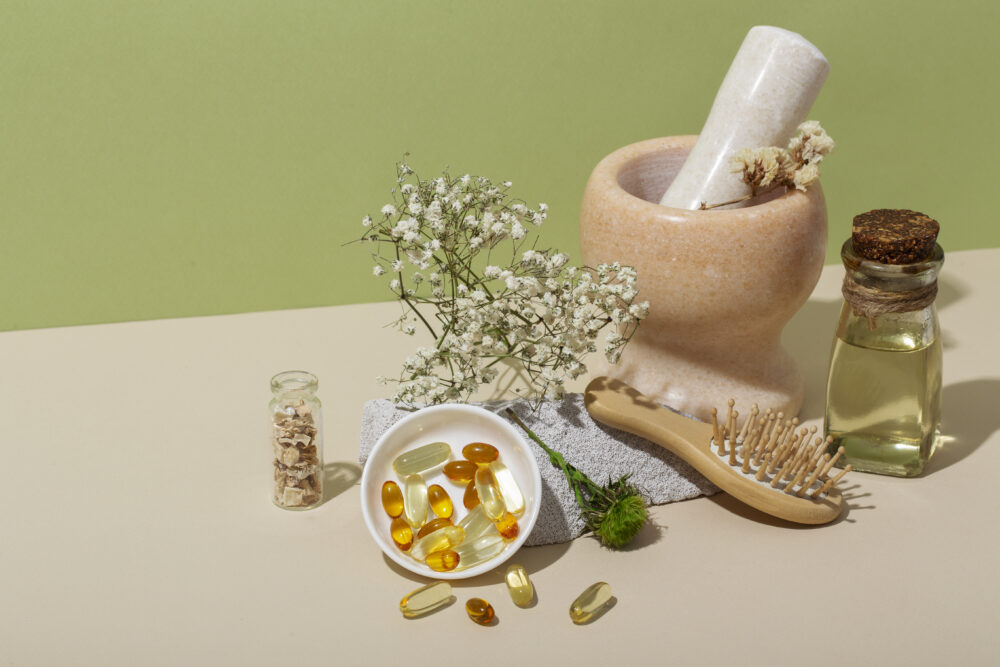Herbal supplements are becoming increasingly popular, but they carry hidden risks—including potential damage to the liver. In the U.S. alone, tens of thousands of dietary supplements are sold without prior approval, creating a $60 billion industry with limited oversight. Many products are marketed as “immune boosters” or “liver cleansers,” attracting people seeking natural remedies. However, long-term use, high doses, or mixing these products with prescription drugs can lead to serious liver problems.
Supplements linked to liver injury include turmeric, green tea extract, kava, and black cohosh. While turmeric is often praised for its anti-inflammatory benefits, cases of liver damage—sometimes mimicking autoimmune disease—have been reported, especially when paired with black pepper extract (piperine), which boosts absorption.
A major concern is that many patients do not disclose their supplement use to doctors, assuming they are harmless. This makes diagnosis difficult. Herbal-induced liver injury (HILI) often resembles viral, autoimmune, or drug-induced liver disease, leading to frequent misdiagnosis. Proper evaluation requires detailed patient histories, identifying specific products and dosages, ruling out other causes, and monitoring whether symptoms improve after discontinuing the supplement.
Regulatory oversight remains weak. In the U.S., herbal supplements are regulated as foods, not medicines, meaning companies are not required to prove safety or effectiveness before selling. This creates risks when product quality, purity, and dosage vary widely. Adverse event reporting is also inconsistent.
Experts stress the need for better patient education, improved reporting, and encouraging doctors to treat herbal supplements as pharmacologically active products rather than simply “natural,” since natural does not always mean safe.










